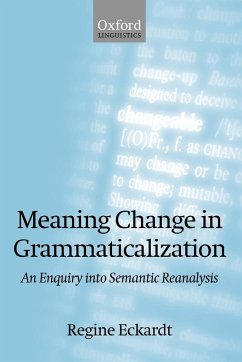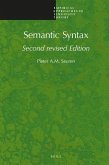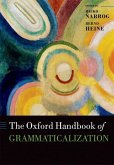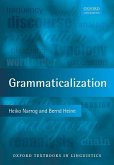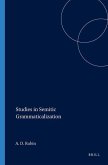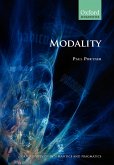This book explores the semantic and pragmatic mechanisms underlying grammaticalization. Regine Eckardt argues that language change frequently involves a structural reorganization at the phonological, morphological, and syntactic levels. Speakers not only master the structural aspect of such reanalyses, they also-as the author argues-keep a detailed mental record of what has happened to meaning. The author develops semantic reanalysis as the semantic correlate and tracks its effects in meaning change. Several case studies offer new insights in the architecture of conceptual thinking that is part of the human language faculty. Professor Eckardt develops her approach in terms of formal semantic theory. She shows how neatly tailored analyses in truth-conditional compositional semantics can elucidate the structural mechanisms of meaning change. Her exposition is advanced in the context of several in-depth case studies containing data new to historical linguistics.
Hinweis: Dieser Artikel kann nur an eine deutsche Lieferadresse ausgeliefert werden.
Hinweis: Dieser Artikel kann nur an eine deutsche Lieferadresse ausgeliefert werden.

